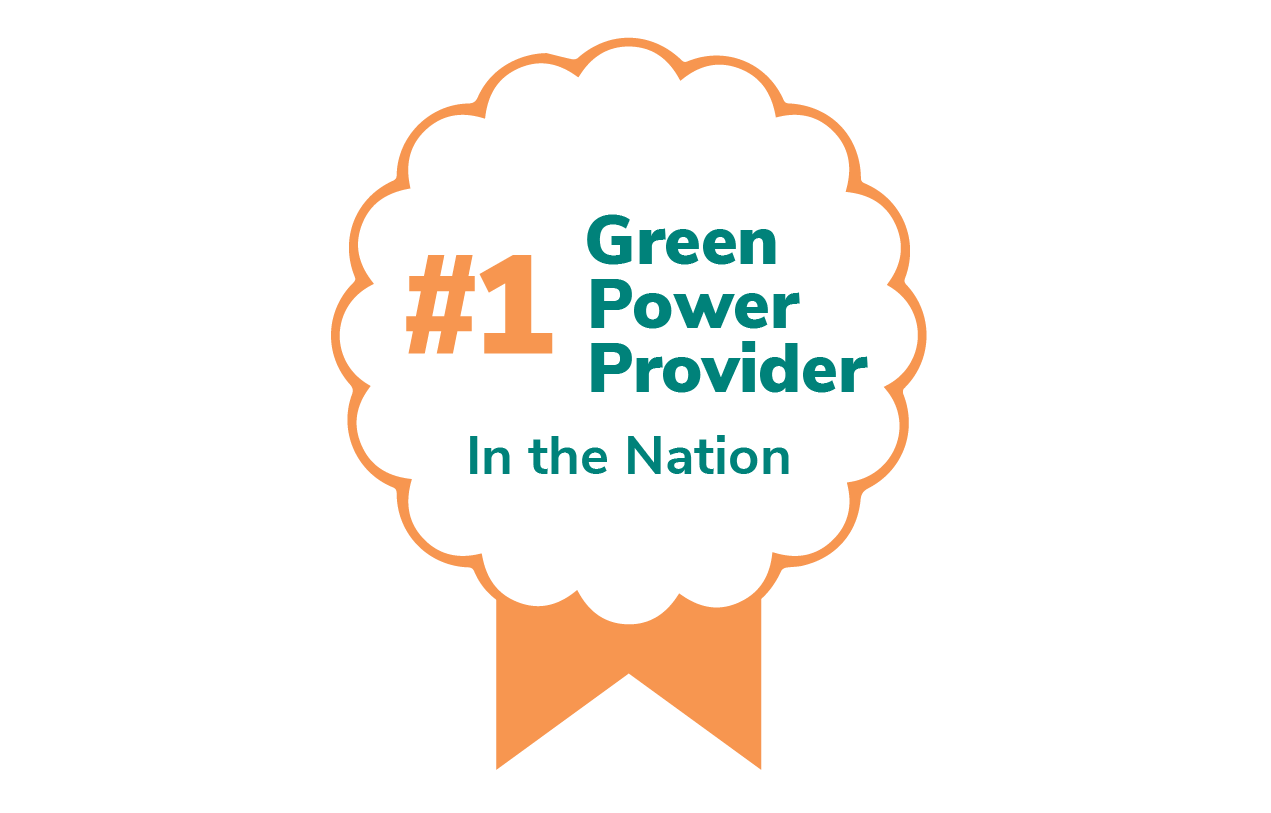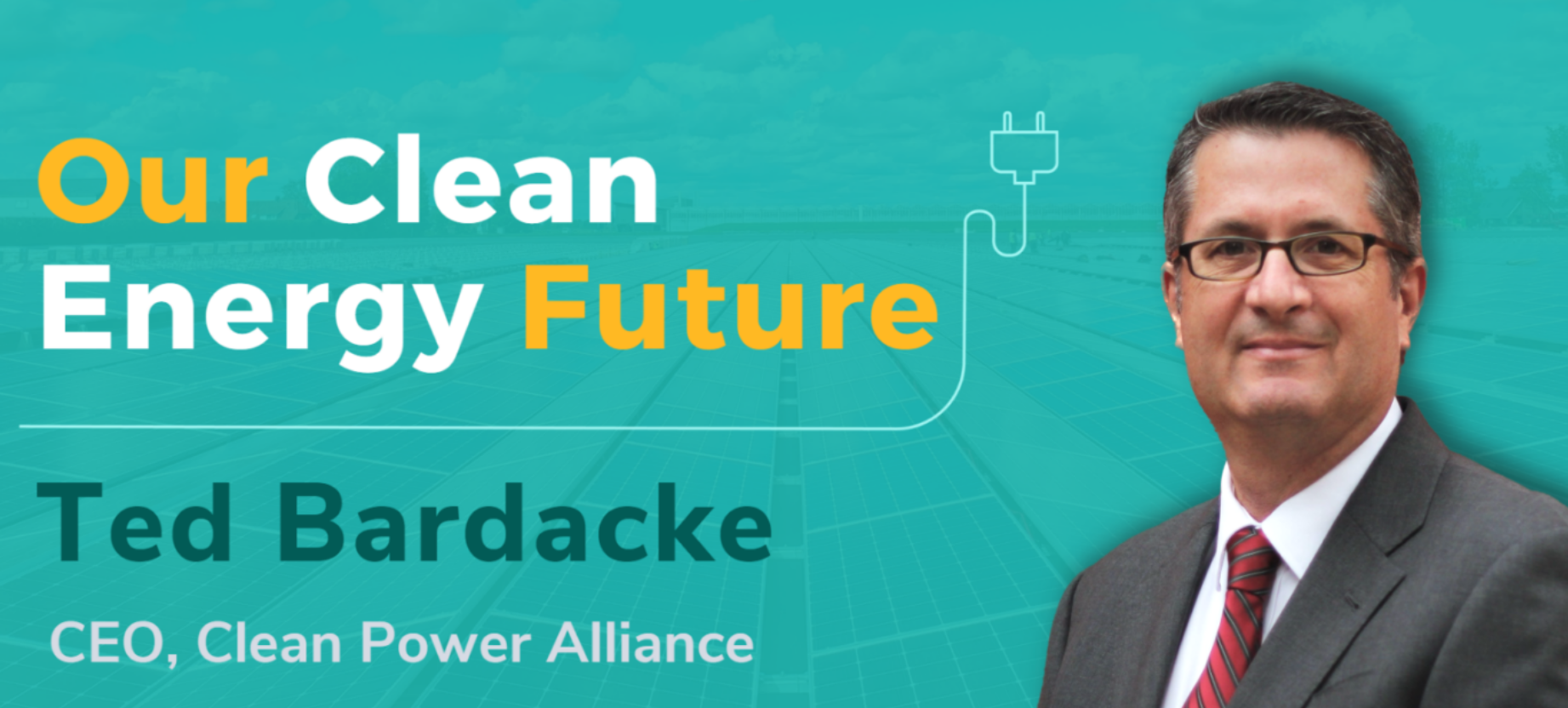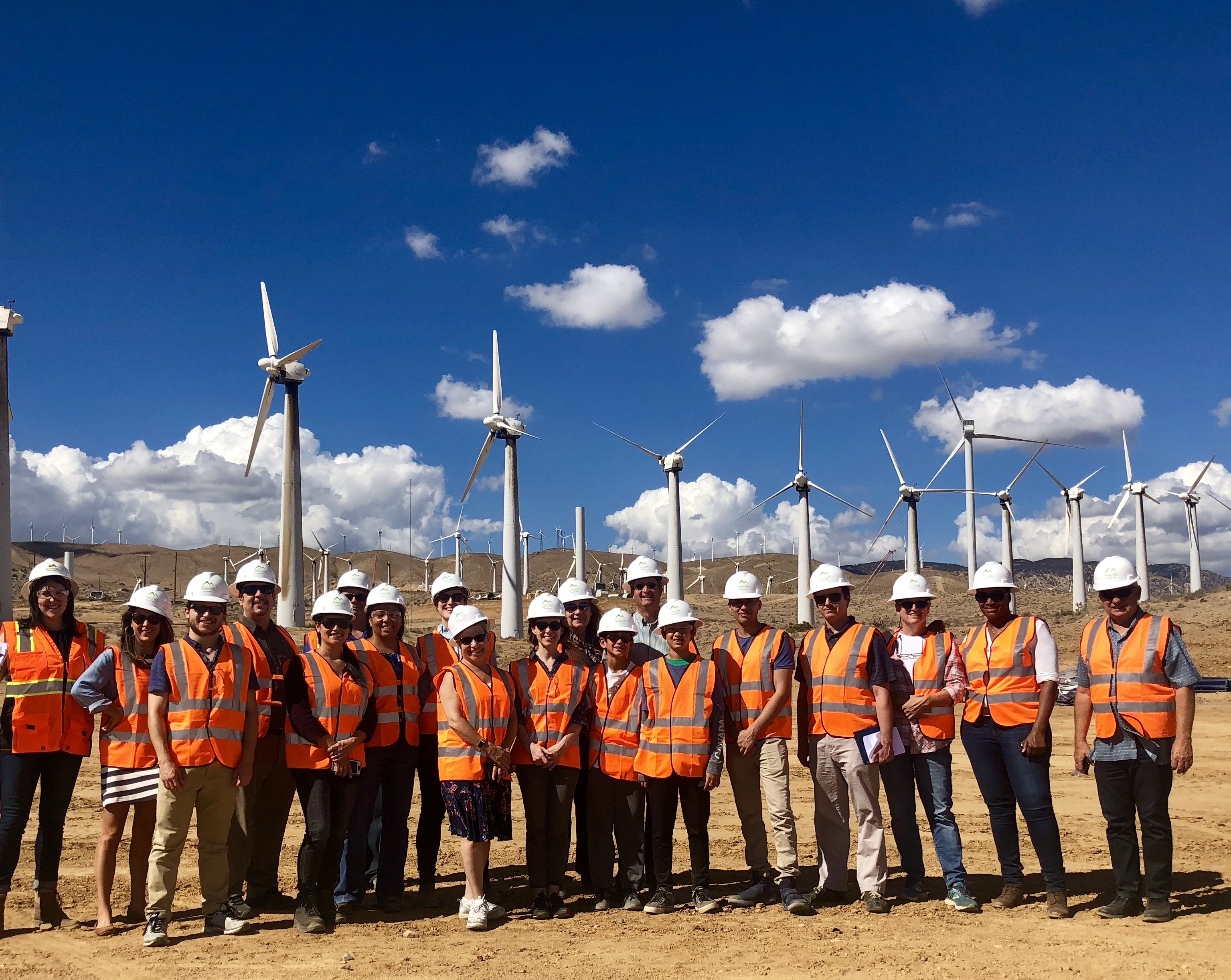For several decades now I’ve watched and participated in an ebb and flow of sustainability and climate action initiatives within local governments. There are moments when policy development dominates – reaching back to Smart Growth plans and Kyoto Protocol adoption in the late 1990s to a rush of green building ordinances and climate action and sustainability plans in the mid-2010s.
Then there are moments when implementation efforts come to the fore. Revitalizing downtowns to improve livability, building local solar facilities, integrating stormwater capture into public spaces have all been popular, particularly when there is outside funding available. Emblematic of this focus on implementation was the big push on energy efficiency and green job development in the late aughts following the passage of the American Recovery and Reinvestment Act (ARRA).
We are square in the middle of another implementation moment. Spending time last month at CivicWell’s annual conference of local elected officials brought home the point. In a place where historic local government policy statements have been developed, including the Ahwanhee Principles for Resource-Efficient Communities (1991), for Water (2005), and for Climate Change (2008), the talk was all about finding the resources to implement the big sustainability goals local governments have set for themselves.
As the largest provider of green energy in the nation, Clean Power Alliance is already helping cities across Los Angeles and Ventura counties meet their big climate and renewable energy targets. This month CPA is taking another big step forward in partnering with its local communities to implement their sustainability goals with the launch of the Energized Communities program, a three-year effort that will provide almost $10 million in technical assistance and financial support for projects focused on the electrification of transportation fleets and buildings, as well as expansion of publicly available electric vehicle charging.
One thing I’ve learned during these implementation moments is that that making access to funds as easy and streamlined as possible is key to achieving widespread success. Overly complicated application processes – particularly those which require a city to have taken previous actions with either plans or policies – are barriers to entry for smaller entities with limited staff. They can also perpetuate historic inequities and biases that favor well-resourced local governments.
Given the wide diversity of communities that are part of CPA and our mission of providing options to them wherever they are on their sustainability journey, Energized Communities has been designed as an easy to access program with three pre-defined pathways that any CPA member agency can access on a rolling basis. A competitive Innovation Grant opportunity complementing the program will also be released later this year. After nearly a year of consultation with local government staff, we know that the three pre-defined pathways in Energized Communities are areas where our local governments share a common implementation interest.
CPA can hardly take credit for creating this implementation moment. The federal government’s Bipartisan Infrastructure Law and Inflation Reduction Act are mostly responsible for this shift from policy to implementation. But unlocking those federal resources will be a time-consuming effort for many local governments. In the meantime, with Energized Communities, CPA is providing our assistance to spur project implementation and further sustainability efforts across our region.




